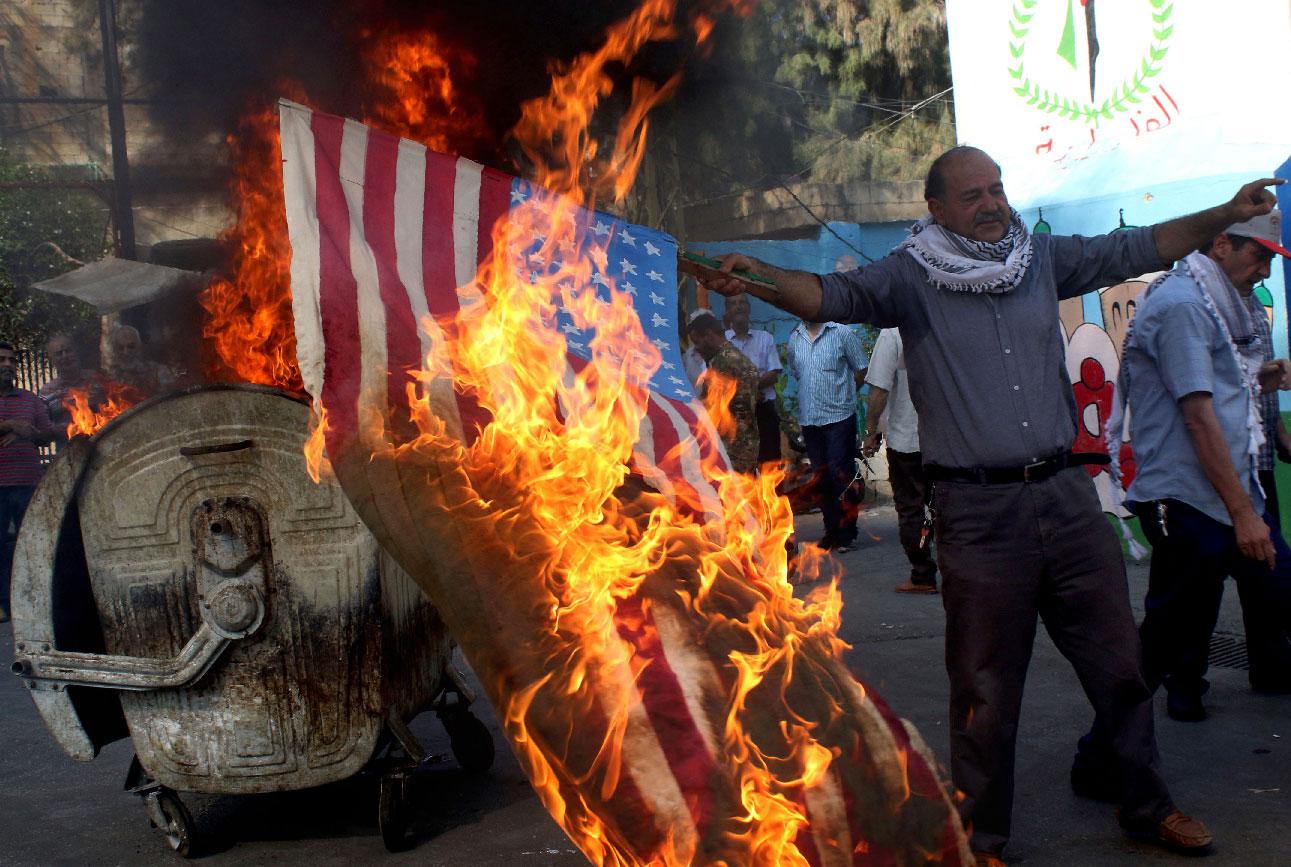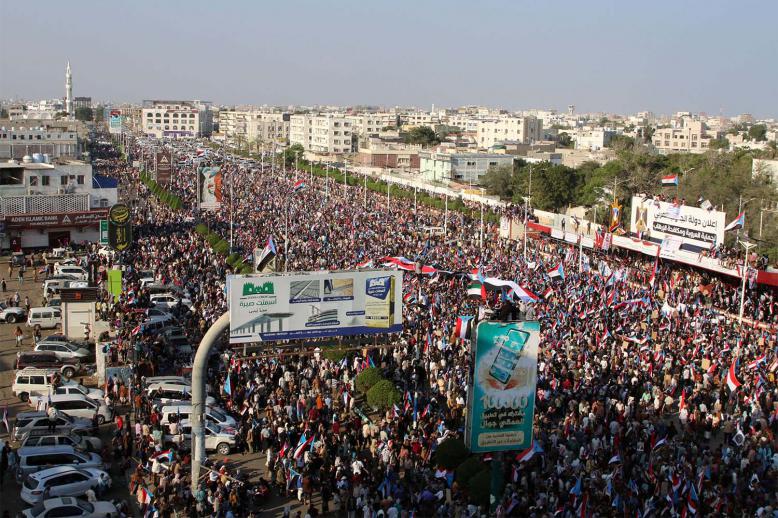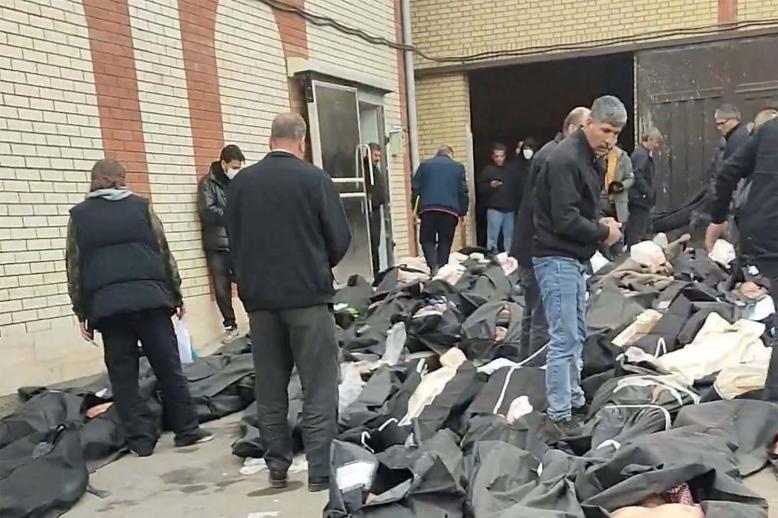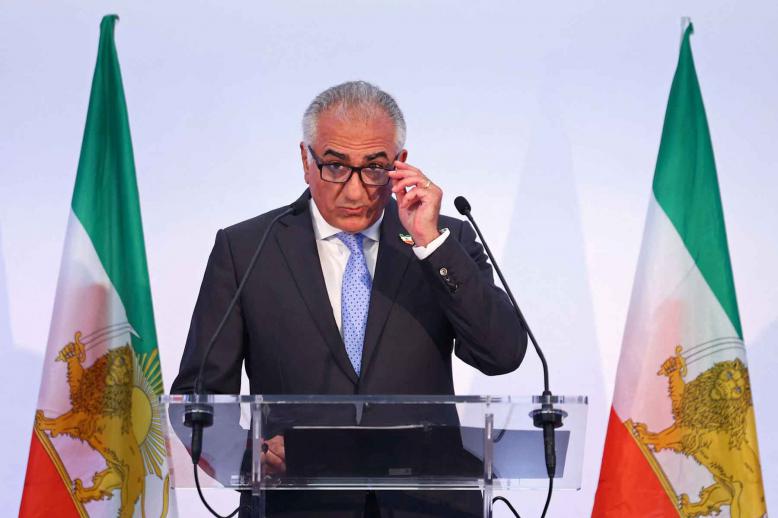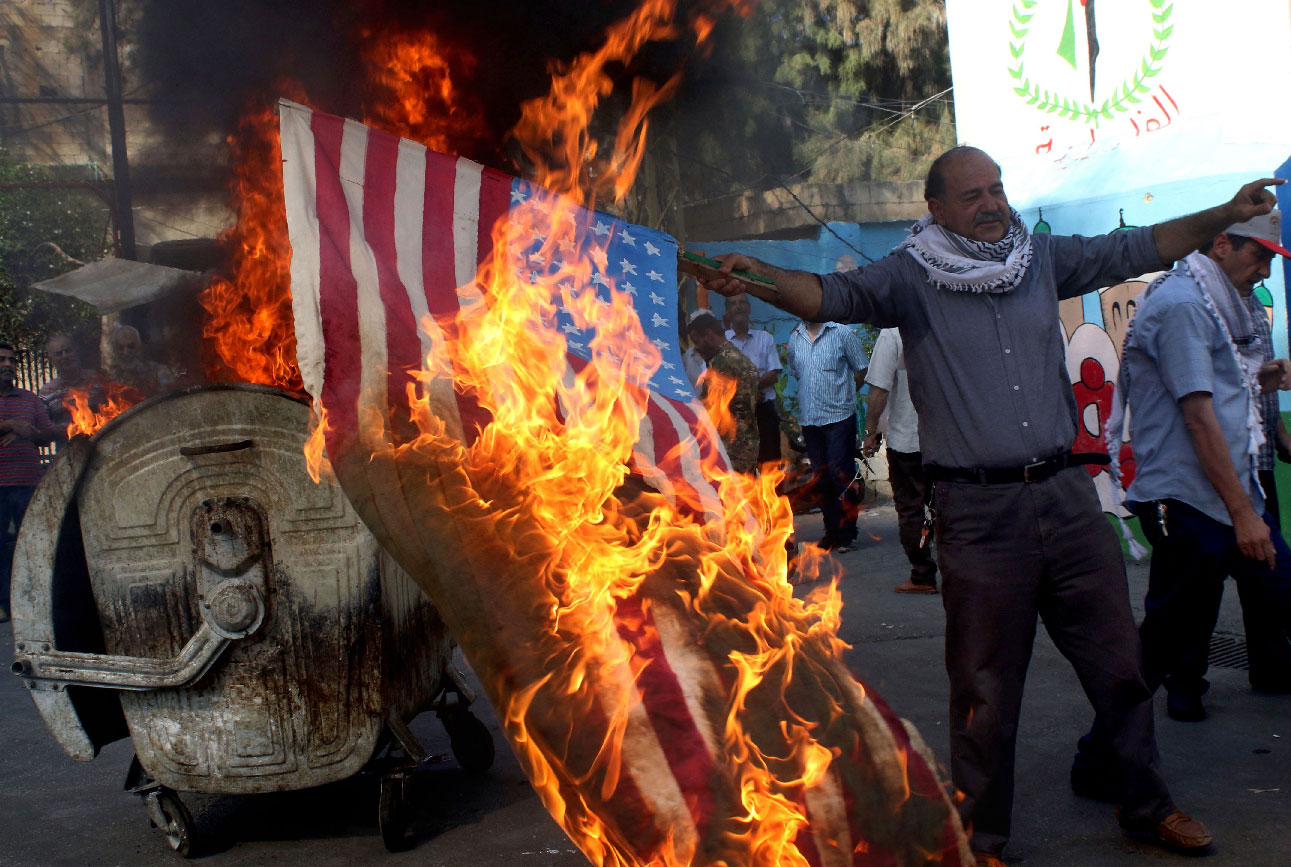US launches Trump's 'ultimate deal' as Palestinians boycott
MANAMA - After a wait of two and a half years, the US administration is launching its Middle East peace plan Tuesday -- with an economic initiative that the Palestinians are boycotting.
For this most unconventional of US presidents, Donald Trump's Middle East peace-making bid is unlike decades of previous US attempts. There is no talk of land swaps, a Palestinian state or other political issues that have vexed diplomats for decades.
The Trump administration says it will get to the political issues later.
For now, its plan will open over cocktails and dinner Tuesday evening in Bahrain at an intimate two-day "economic workshop" at a luxury hotel overlooking the Gulf. Led by Trump's son-in-law and adviser Jared Kushner, the "Peace to Prosperity" framework will see him dangle that prospect of $50 billion of investment in the Palestinian territories and neighbouring Arab countries.
Opening the two-day international meeting in Manama, Kushner said prosperity for Palestinians was not possible without a fair political solution to the conflict.
"Agreeing on an economic pathway forward is a necessary pre-condition to resolving the previously unsolvable political issues," Kushner said.
"To be clear, economic growth and prosperity for the Palestinian people are not possible without an enduring and fair political solution to the conflict -- one that guarantees Israel's security and respects the dignity of the Palestinian people."
But he added that by working to develop the Palestinian economy, the result could be "a real peace that leads to prosperity".
"We see tremendous potential," he said, adding the focus of the White House was on how to break deadlocked peace efforts.
The White House had on Saturday outlined the $50 billion Middle East economic plan that would create a global investment fund to lift the Palestinian and neighboring Arab state economies, and fund a $5 billion transportation corridor to connect the Israeli-occupied West Bank and blockaded Gaza.
More than half of the $50 billion would be spent in the economically troubled Palestinian territories over 10 years while the rest would be split between Egypt, Lebanon and Jordan. Some of the projects would be in Egypt’s Sinai peninsula, where investments would ostensibly benefit Palestinians living in the adjacent Gaza Strip, a crowded and impoverished coastal enclave.
The plan also proposes nearly a billion dollars to build up the Palestinians’ tourism sector, a seemingly impractical notion for now given the frequent flareups between Israeli forces and militants from Hamas-ruled Gaza, and the tenuous security in the occupied West Bank.
Listing a slew of projects to develop roads, border crossings, power generation and tourism, the framework sets an optimistic goal of creating one million Palestinian jobs.
But the Palestinian Authority and its rival Hamas have both denounced the initiative, saying it amounts to a bid by the unabashedly pro-Israel Trump to buy them off in return for abandoning the prospect of a Palestinian state.
Saeb Erekat, secretary general of the Palestine Liberation Organization, said that the Trump administration "is insinuating that they know what is best for the Palestinian people" without addressing the underlying issue of Israeli occupation.
"Such inciting campaigns aim at making the people and leadership of Palestine accept the dictations, threats and tyranny of both the US and Israel -- and they are doomed to fail," the veteran Palestinian negotiator said in a statement.
"Our position is clear: we will not compromise on the necessity of a permanent, comprehensive, and lasting political solution."
Trump support for Israel
Thousands of Palestinians demonstrated Tuesday throughout the occupied West Bank and the Gaza Strip to denounce the conference, burning pictures of Trump and the king of Bahrain.
Around 3,000 people protested in Nablus in the northern West Bank, with dozens attending demonstrations in Ramallah and Hebron.
Rallying calls from the Palestine Liberation Organisation (PLO) and other groups raised fears of widespread clashes, but they did not materialise.
A general strike was called for in the Hamas-run Gaza Strip and most shops and restaurants in the enclave were closed. Demonstrators at a small female-led protest in northern Gaza burned pictures of Trump.
John Bolton, Trump's national security adviser, said it was a "mistake" for the Palestinians to boycott the conference.
"The prospects for Palestinians, for Israelis, for everybody in the region, if we could find an acceptable agreement between Israel and the Palestinians, is incredibly bright, and rather than relitigate decades of disputes, think about the future and negotiate on that basis," Bolton said in Jerusalem, where he met Prime Minister Benjamin Netanyahu and visited the occupied Jordan Valley.
Netanyahu, who has also criticised the Palestinian boycott, has spoken in recent months of annexing parts of the West Bank, a move that could effectively close hopes of a two-state solution.
The Trump administration has hinted that its political plan will not mention a Palestinian state -- a sharp shift from the goal of years of US diplomacy.
Trump has already taken landmark steps to support Israel including recognising bitterly contested Jerusalem as Israel's capital, and Kushner is a family friend of Netanyahu. Both Kushner and US ambassador to Israel David Friedman have for years donated to hardline Jewish settlements built illegally on Palestinian land.
Chief Palestinian negotiator Erekat said Kushner is "committed to the initiatives of Israel's colonial settlement councils."
Most European allies of the United States, uneasy about Trump's direction, are staying away from Bahrain.
In attendance will be Gulf Arab states, which are widely expected to pick up the tab for the massive Palestinian investment if the plan succeeds.
Saudi Arabia, which is sending its finance minister, in a statement said it supported "all international efforts aiming to achieve prosperity in the region".
But it also called for a "comprehensive and just peace" and reiterated its call for an independent Palestinian state with east Jerusalem as its capital.
Jordan and Egypt, the only two Arab nations to have signed peace deals with Israel, will attend but only send mid-level officials.
Morocco's foreign ministry said on Monday that a member of the ministry of economy and finance will represent the country at the conference.
It did not offer further details on the identity of the finance ministry staff member, but said the kingdom remains attached to the two-state solution. On Sunday, thousands protested in the streets of Rabat expressing rejection of the Middle East peace plan.
Success in 'failure'?
Gulf Arab rulers have increasingly found common cause with Israel due to their shared hostility to Iran, reinforced by rising friction between Tehran and Washington.
In an apparently unprecedented step, a handful of Israeli journalists invited by the White House flew openly to Bahrain, which has no diplomatic relations with Israel.
Other prominent figures due to take part in the Bahrain conference are International Monetary Fund chief Christine Lagarde, World Bank President David Malpass and former British prime minister Tony Blair.
Richard LeBaron, a former US diplomat in the Middle East, said that the Trump administration fully expected that the Palestinians would stay away.
But Bahrain allows Kushner to portray Palestinian leaders as not caring about their own people as he keeps advancing Israeli interests, said LeBaron, now a senior fellow at the Atlantic Council think tank.
"The 'failure' of the Manama workshop will be success for the Trump strategy," he wrote in an analysis.
"It will permit Kushner and his colleagues to claim that they tried their best to address the situation and allow them to blame others for not cooperating."
Palestinian President Mahmoud Abbas, whose Palestinian Authority exercises limited self-rule in the Israeli-occupied West Bank, was scathing about its prospects of success.
"Money is important. The economy is important. But politics are more important. The political solution is more important."


